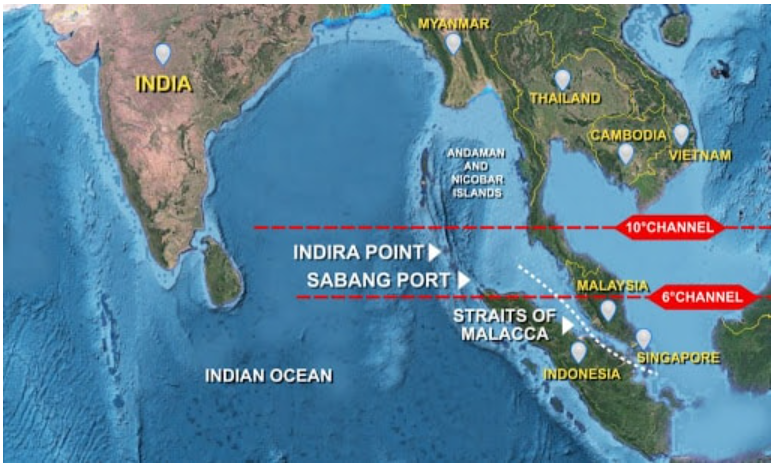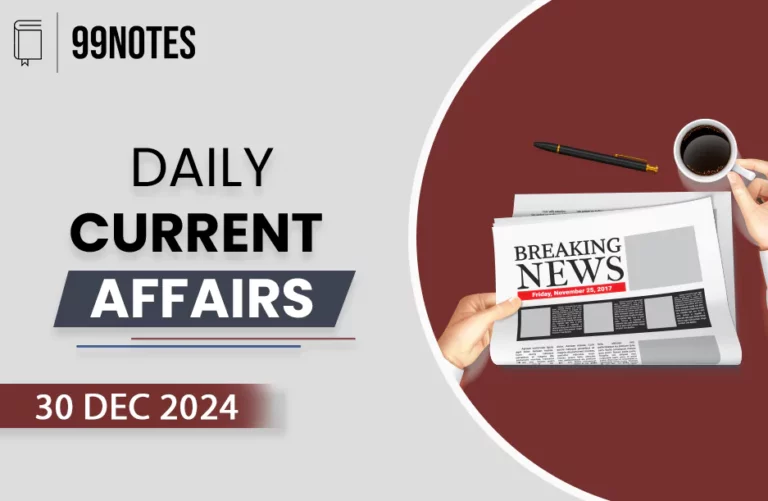12 November 2024 : Indian Express Editorial Analysis
1. Why Delhi must reach out to Jakarta
(Source: Indian Express; Section: The Ideas Page; Page: 11)
| Context: |
| The article emphasizes the need for India to strengthen its ties with Indonesia under President Prabowo to counter growing Chinese influence in Southeast Asia. |

Neglect of Eastern Neighbours and Historical Ties with Indonesia
- India’s relationship with Indonesia, despite deep-rooted historical ties, has been marked by neglect over the last six decades. Both countries share a rich history of anti-colonial struggle and early cooperation.
- Indonesian leaders, like Sukarno, closely aligned with India’s own post-colonial vision during the Bandung Conference in 1955, leading to the foundation of the Non-Aligned Movement.
- However, India’s Eastern policy waned, especially during the Cold War era when it tilted towards the USSR, which strained relations with Suharto’s Indonesia.
- Now, the recent leadership change in Indonesia with Prabowo Subianto’s ascent to the presidency signals a fresh opportunity for India to reassess and reinvigorate its diplomatic strategy in Southeast Asia, particularly as Indonesia grows wary of Chinese geopolitical ambitions.
Indonesia’s Strategic Shift Towards China and Wary Relations with the US
- In Prabowo’s early presidency, his choice of China for his first official visit demonstrates Indonesia’s strategic gravitation towards Beijing, despite his nationalistic rhetoric and lingering distrust of China’s assertive influence.
- This diplomatic shift toward China is especially intriguing given the recent incursion of a Chinese coast guard vessel into Indonesian waters, underscoring China’s growing assertiveness in the region.
- Prabowo’s historically wary stance toward the US, due to his controversial human rights record, further complicates Indonesia’s positioning in the Indo-Pacific.
- The visit to China signals a potential alignment that India should closely monitor, as it risks Indonesia becoming increasingly enmeshed in China’s regional sphere of influence.
Opportunities for Enhanced Indo-Indonesian Collaboration
- Indonesia’s resource-abundant economy, driven by exports like thermal coal, rubber, nickel, and palm oil, provides natural opportunities for complementary growth with India’s manufacturing and services sectors.
- As Indonesia seeks to reduce operational costs and expand its industrial base, India’s expertise in service industries could help Indonesia meet its economic goals.
- Additionally, the two nations’ recent cooperation on strategic projects, such as the port of Sabang and potential joint naval facilities, marks a positive trend.
- Strengthening these collaborations under Prabowo’s presidency could secure long-term strategic gains for India in a region that is becoming increasingly geopolitically contested.
Civilisational and Cultural Links: A Foundation for Future Engagement
- Beyond geopolitical considerations, India and Indonesia share cultural and civilizational bonds that underscore their potential as natural partners.
- This connection, symbolized by monuments like Jakarta’s Arjuna Wijaya statue depicting the epic figures Arjun and Krishna, reflects a shared cultural heritage that has long transcended modern political alliances.
- Engaging with these cultural links could serve as a vital foundation for fostering deeper ties with Indonesia.
- For India, embracing Prabowo’s administration and rekindling these connections is essential in countering China’s rising influence in Southeast Asia and reinforcing the shared ASEAN-India vision of regional stability and prosperity.
| Challenges in the relationship |
|
Trade Imbalance: The balance of trade favours Indonesia due to India’s large imports of palm oil and coal. Unrealized trade potential: As per some estimates bilateral trade potential is US$ 61 billion, 33% higher than current trade. Dominance of China: Indonesia has accepted substantial Chinese investment under the Belt and Road, which has raised concerns. Regulatory and procedural Challenges: Joint production and defense supplies have failed due to differing acquisition processes. A special window for addressing Indian investors’ concerns has been dysfunctional. Lack of connectivity: Limited direct air connectivity and visa issues have hindered greater people-to-people interactions. |
| Practice Question: In light of recent geopolitical shifts in Southeast Asia, critically examine the significance of India-Indonesia relations for regional stability and discuss the strategic steps India should take to strengthen its partnership with Indonesia under President Prabowo’s administration. (250 words/15 m) |


